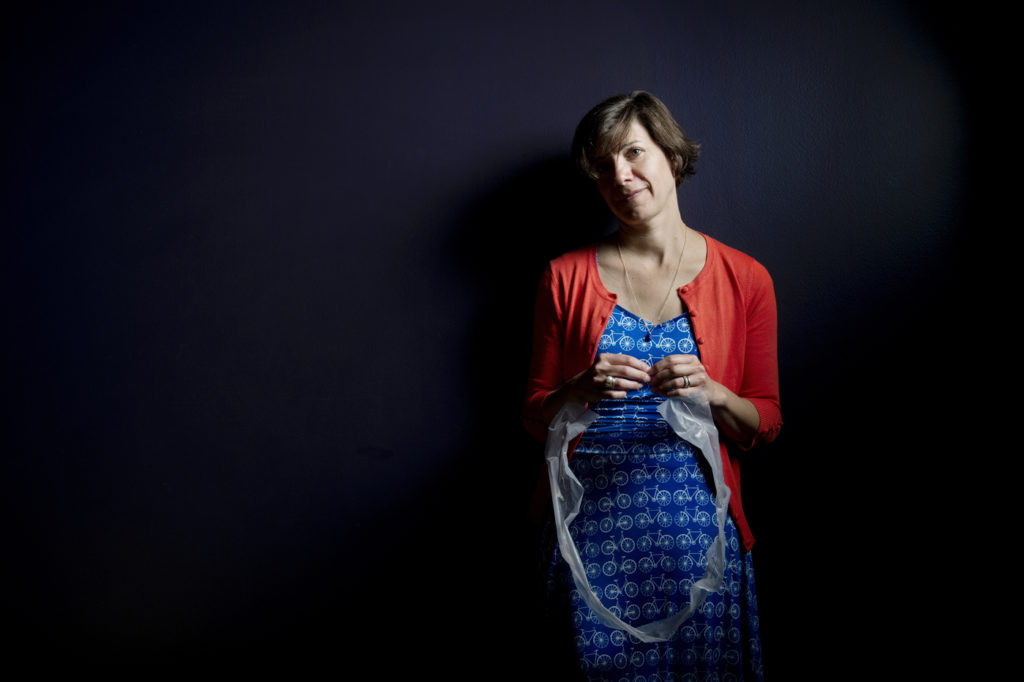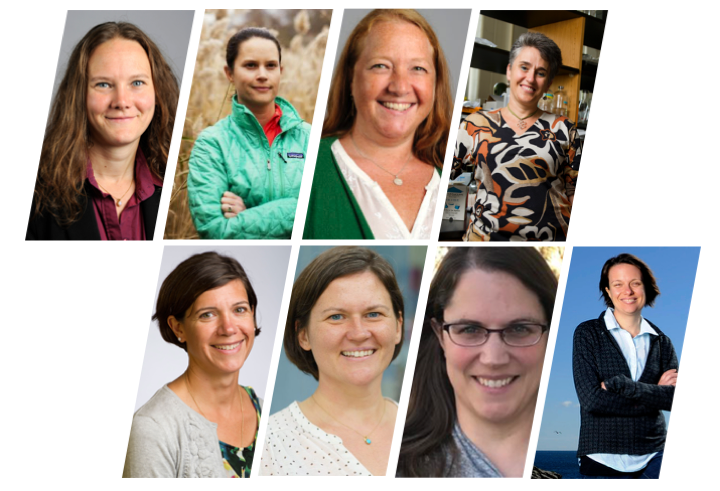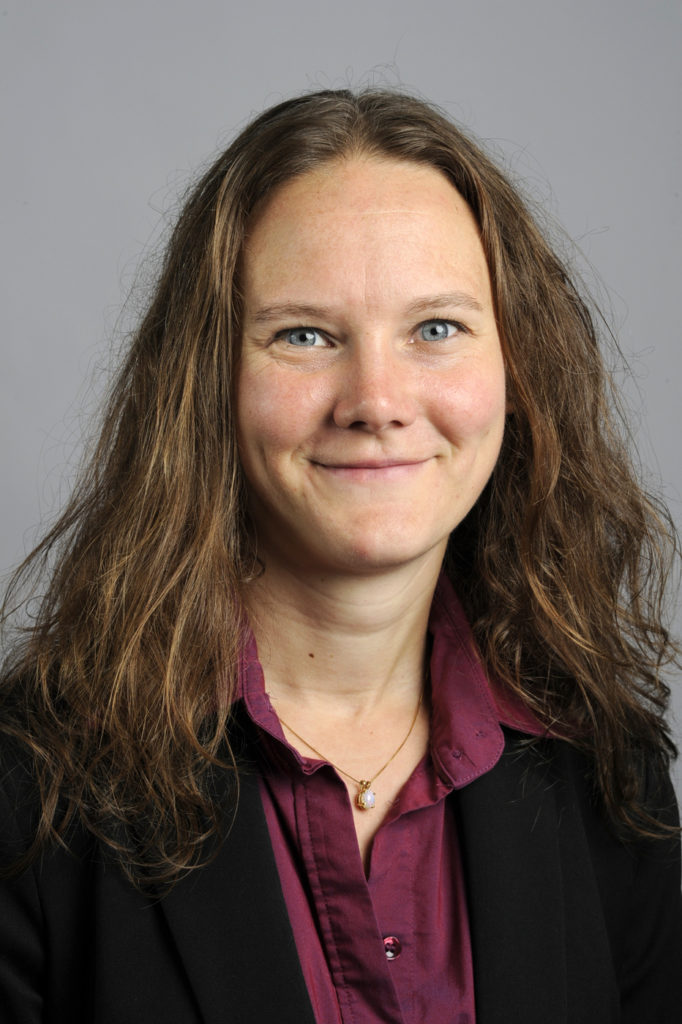In case you missed it, here is part one and part two of our series.
Building Knowledge and Pathways to Positive Change
Women make up less than a third of the global research population, but scientists at Northeastern University’s Department of Marine and Environmental Sciences are driving the change in that statistic through their innovative, successful research and their contributions to a thriving STEM pipeline for young women and future researchers. This Women’s History Month, we’re highlighting faculty who are advancing scientific knowledge and removing barriers for the next generation of women in STEM.
How are humans impacting the waterways we depend upon, and how can we ameliorate these impacts?
Featuring Dr. Loretta Fernandez

June 27, 2014- Northeastern assistant professor Loretta Fernandez’ water quality samplers are deceptively simple: they’re providing powerful data about the contamination levels of polluted waterways.
Dr. Loretta Fernandez is working to answer those questions and communicate
critical information to the stakeholders and stewards of our shared waterways. Her work
utilizes environmental organic chemistry to pioneer passive sampling methods for organic
contaminants in water and sediment, as well as monitor the transport, transformation, and
biological exchange of organic contaminants in our environment. Dr. Fernandez recently
developed a straightforward method for determining the concentration of contaminants most
likely to end up in the tissues of organisms living in polluted waterways, providing crucial
pollutant data to the EPA and other researchers. She is currently collaborating with the Munoz
Lab at the Marine Science Center to examine industrial contaminant mobility across the land
sea interface; these contaminants are detrimental to human and ecosystem health, and are
mobilized by geomorphic and biochemical processes for decades. Fernandez and her
collaborators are examining the stability of these compounds in floodplains and the coastal
ocean at several locations across New England and the Atlantic Coastal Plain.
Dr. Fernandez has been an active part of connecting environmental science with students and
with the local community. She has presented hands-on water quality activities at the Marine
Science Center Open Houses, and has been a mentor for young women at various science
career stages. Recent undergraduate research assistants in her lab have gone on to pursue
graduate research at Harvard, Yale, MIT, Colorado School of Mines, and Univ. of California
Santa Cruz. Creating pathways to success for young researchers is one of the ways Dr.
Fernandez is helping ensure that the environmental systems around us have scientific sentinels
into the future. Dr. Fernandez recently turned her lab’s expertise in environmental pollutants
into an innovative solution for testing facemask effectiveness against the COVID-19 virus,
working with Dr. Amy Mueller and a team of engineering students to modify their software to
assess particle movement through the masks, and establish the best materials for protecting
people against an airborne virus.
How can we measure, characterize and understand the huge and heterogeneous system of our earth?
Dr. Amy Mueller works to tackle these complexities by enabling critical
environmental measurements of the water in natural systems around us and in the built
systems we use each day, and enabling optimization of infrastructure like stormwater sewers
and wastewater treatment plants. Dr. Mueller’s Environmental Sensors Lab is developing new
sensors, instruments, and signal processing strategies to optimize our ability to study the
natural and built environments. Her sensor development space at Nahant’s Marine Science
Center and chemistry labs on the Boston Campus provide space and infrastructure to bring
together engineers and scientists from a variety of disciplines to tackle critical challenges. Dr.
Mueller and her team are advancing our understanding of nutrients in ocean ecosystems by
developing an in-situ trace-metal clean sampler capable of automated sample collection and
now working on nitrogen nutrient sensors to support more environmentally friendly
aquaculture pens. On the wastewater front, she is working with collaborators at the University
of Washington and a number of operating treatment facilities in New England to validate novel
sensor systems for use in current next-generation wastewater treatment reactors. Dr. Mueller
recently combined labs and expertise with Dr. Loretta Fernandez into an innovative solution for
testing facemask effectiveness against the COVID-19 virus, modifying their software to assess
particle movement through the masks and establish the best materials for protecting people
against an airborne virus.
Dr. Mueller is active in efforts to communicate science to community stakeholders and students
alike. She has shared her innovative water monitoring work with attendees at the Marine
Science Center’s public lectures and open house series, and is co-leading a wastewater
treatment workshop series bringing together regional plant operators, engineers, instrument
experts, and researchers to discuss the challenges and opportunities in the


